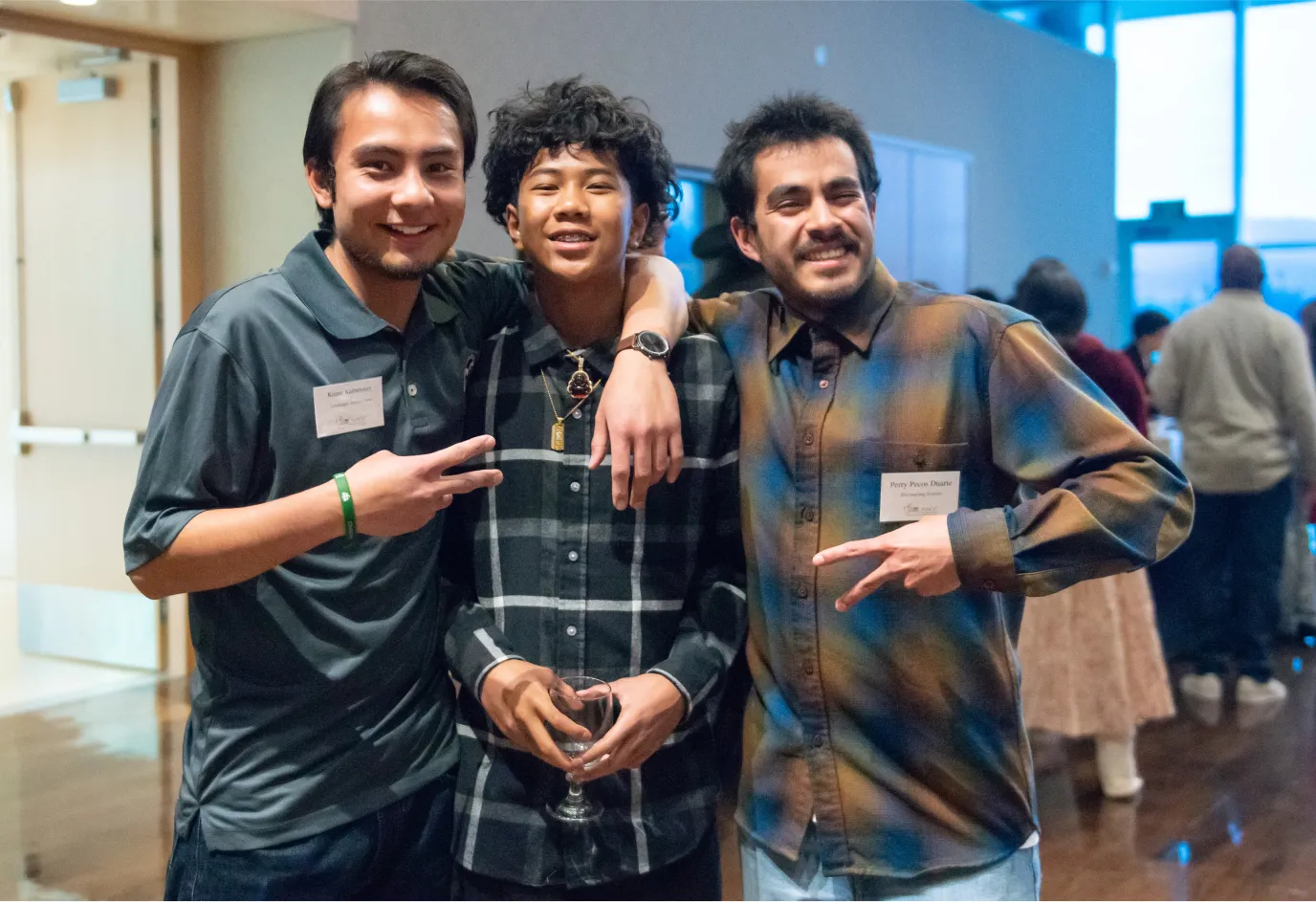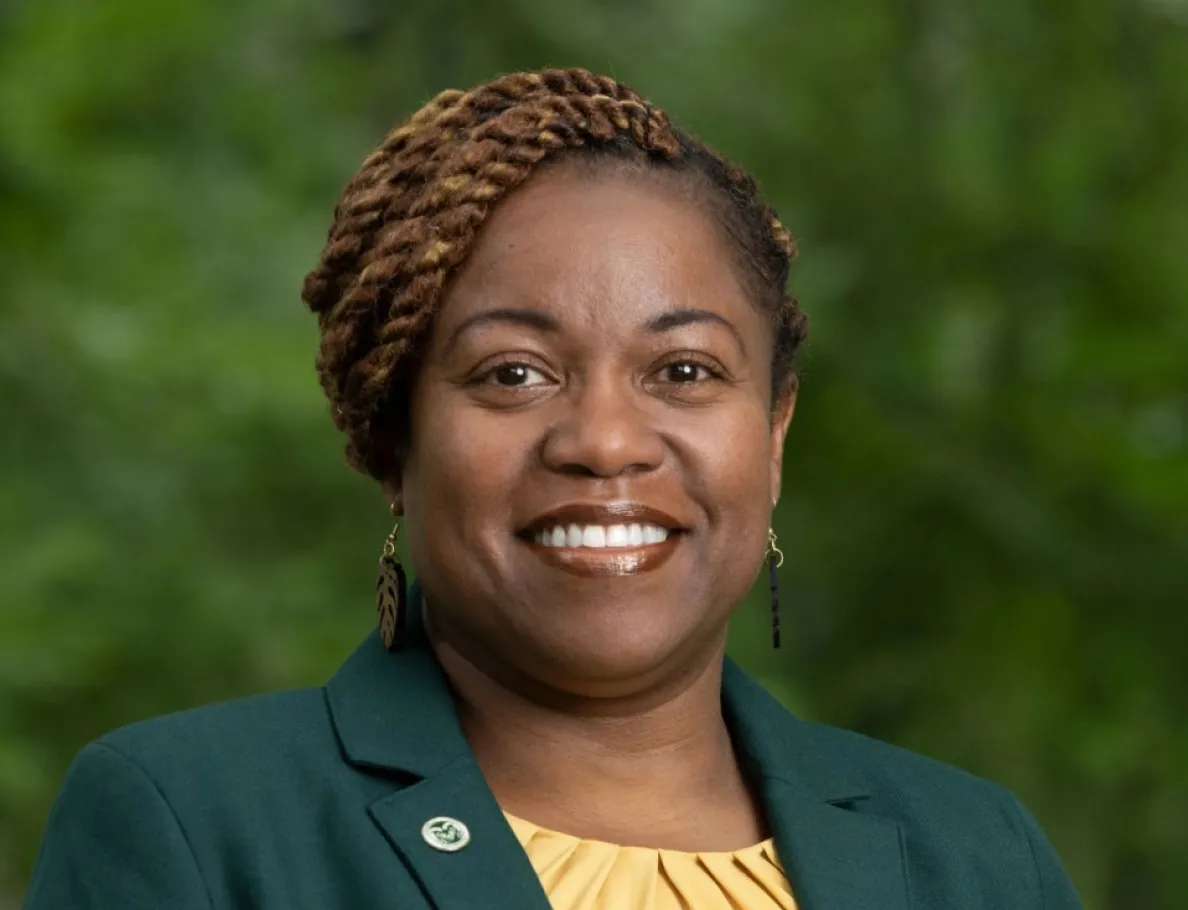Our guiding principles
Fostering excellence at every level


Individual
Inclusive Excellence resources that support the individual include trainings for students, staff, and faculty.

Colleges & Departments
Inclusive Excellence supports the organizational level through specialized interventions tailored for specific units, the development of departmental inclusivity plans, and more.

Systemic
The Inclusive Excellence Council makes recommendations and provides input into developing new University-wide initiatives.
Building an inclusive CSU community
Areas of Focus
Colorado State University's commitment to inclusive excellence is part of our role and mission as a land-grant institution. Within the Office for Inclusive Excellence, our goal is to foster and maintain an environment where all members of the University community are welcomed, valued, and affirmed. We achieve this by focusing on the following areas:
- Bolster recruitment, retention, and promotion of faculty, staff and students;
- Reduce opportunity gaps where they exist;
- Partner across CSU to ensure students are more culturally competent and have skills to successfully enter the global workplace;
- Improve the university climate for mutual respect for all;
- Enhance effectiveness of curriculum, educational programs, and research by including a wide range of perspectives and experiences, and
- Increase outreach and engagement with external communities.
